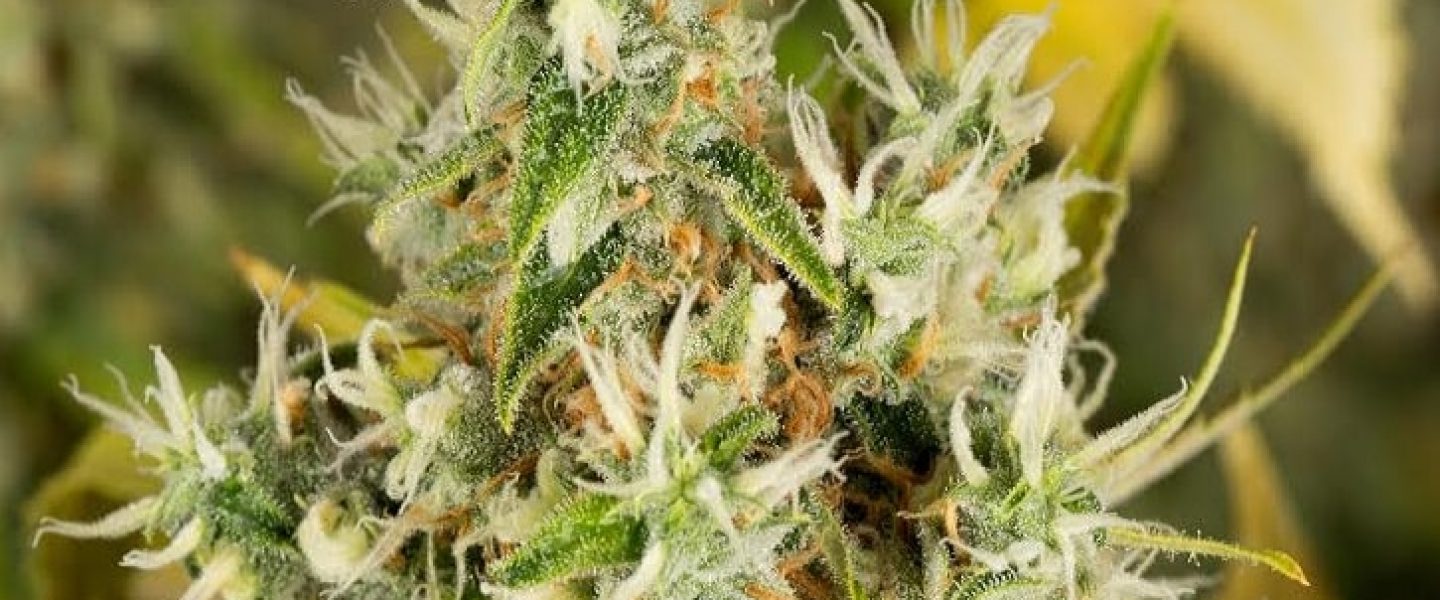
Being a woman in the cannabis industry, I have been questioned many times on how I would approach any future children about my cannabis use, and I’ve also had conversations with many women about how they explain marijuana use to their own kids. This is a very important topic these days, as we strive to eradicate the “Reefer Madness” approach to marijuana education, and create a more factual dialogue. I recently sat down with Leah Maurer, local cannabis activist and mother of three to talk about her experience speaking with children, and other moms, about cannabis. Maurer stressed the value of communication, listening to your children, and the importance of speaking in a factual and up-front way about the effects of any substance. It’s important to communicate with young people about cannabis the same way you would about sex, alcohol, or the dangers of driving a car.
Leah is co-chair of the Portland Women Grow chapter and also founded the group Moms for Measure 91 in 2014 to educate and bring together mothers who were supportive of legalization, or just wanted to learn more about cannabis and the emerging industry. The Facebook group grew to over 1,000 people and created a space where mothers were able to dialogue openly without feeling judged. Some mothers who were unfamiliar with the industry were just looking for advice on how to approach the subject with their children when the time comes. This type of communication is essential now that marijuana is legal in our state. A lot of parents may have to reshape the ways they’re talking about the plant, and those who grow, sell, or consume it. “This is the way cannabis is going to be normalized,” Leah said. “Circles of people who are already in the industry, of course they all want to talk about cannabis, and it’s important for people like that to educate those who are not already marijuana smokers or don’t know all the awesome ways it can be used, or don’t realize all the great things that are going on in the industry.” As prominent figures in the Oregon cannabis community, Leah and her husband Travis are constantly working to educate people on the best ways to speak to their children about the emerging legal market. The Maurers have plans to open a dispensary in NE Portland later this year, and Leah compared her situation with any other mother who owns or works in an establishment that serves alcohol and doesn’t allow minors on the premises. While she would love to be able to show her kids what their mother does, and give them an idea of how their parents hard work has paid off, she also understands and agrees with the importance of teaching her children that there are just some things you cannot do until you’re an adult.
Oregonians take a lot of pride in the local microbrew culture, so the concept of speaking to children about a legal substance that they are unable to consume until adulthood is not a foreign concept. This dialogue can be easily transferred to cannabis use, or any other substance which effects the body during the developmental years. As only the fourth state to legalize recreational marijuana use, we are among the first wave of people trying to figure out how to change our conversation on marijuana with young people, and there needs to be an immense amount of dialogue about the best ways to teach children that, while there are medicinal benefits to using cannabis, some adults are also using it solely for it’s recreational effects. Once kids reach an age and maturity level where they are able to understand these things, parents can begin educating them on responsible use, the difference between marijuana and other federally illegal drugs, and answering any questions they have accurately. “We still need to work on our drug education programs in the schools because they’re still failing us,” said Maurer, who is also involved in the PTA at her son’s school. “They’re not very factually based and they’re not very educational for our kids, so now responsibility really is in the lap of the parents to have that conversation with their children, and with other parents.” As long as marijuana laws in our country continue to rapidly change, it’s important to inform yourself on local policies and current scientific research in order to a take factual, educational approach to cannabis with children. If you are looking for advice on how to approach your children about marijuana, I encourage you to get involved in groups like the local Women Grow chapter, attend one of the many educational conferences that are taking place in the Portland area, or just ask people in your community how they are creating a healthy dialogue on the subject with their children.
To learn more about Jen Hudyma and her work, follow her on Twitter.






